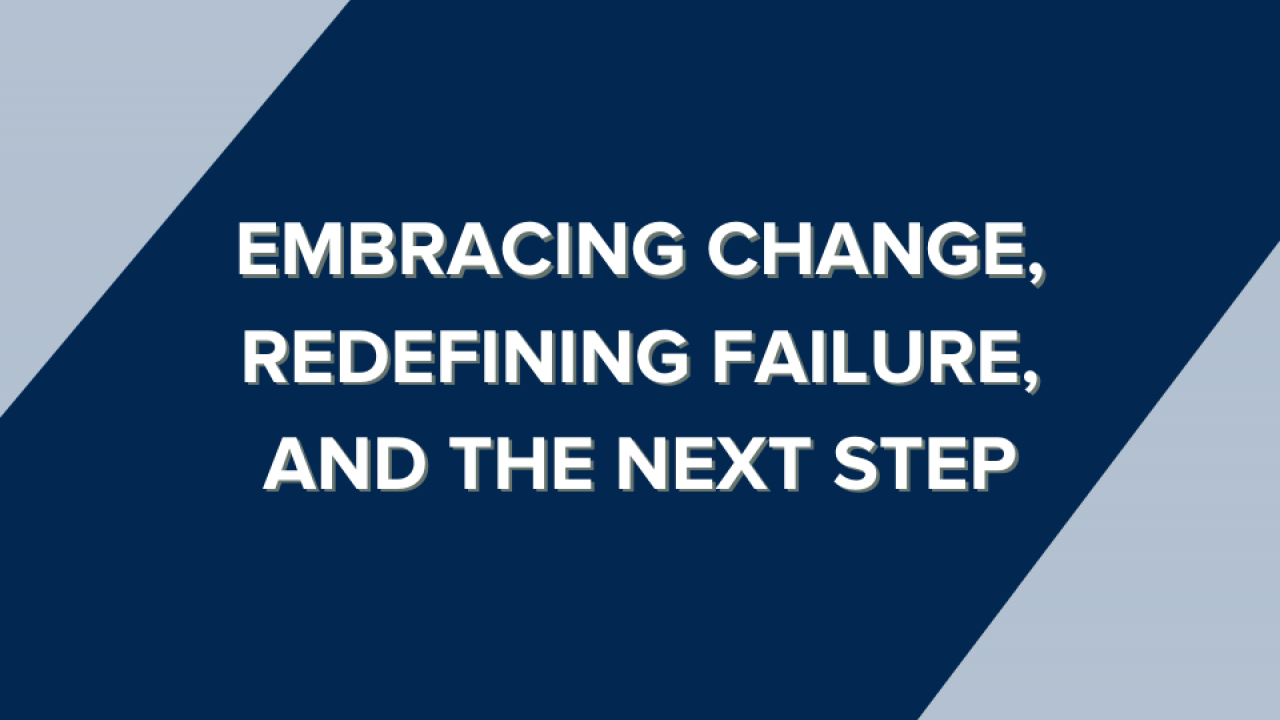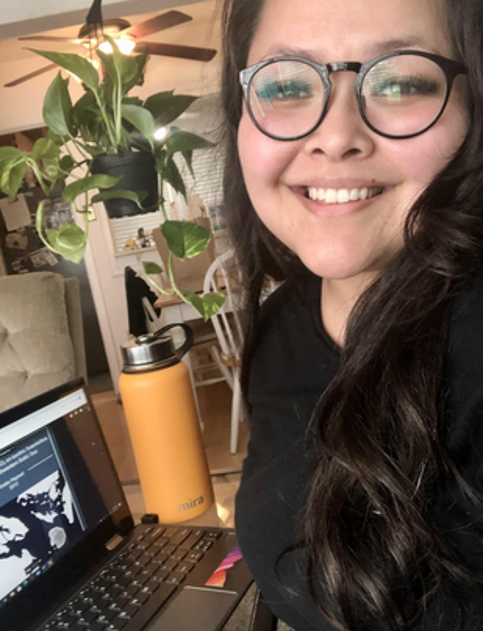
Embracing change, redefining failure, and the next step
Like many, I spent this summer trying to define a “new normal”. In contrast to last summer--which included hands-on work with marine life, knee-deep in tidepools--the SRJC internship instead introduced me to new methods to research marine science, virtually. We faced a unique set of challenges, like developing online communications and learning how to stay engaged with onscreen tasks and information, which required flexibility to evolve and quickly adapt. Failure became common, even welcomed, as I tried my hand at new skills and experiences. Although difficult, I am thankful for this experience, as it not only strengthened my ability to adapt to sudden change, but also to take things in stride and truly embrace the unknown.
Broadly, the aim of our team was to explore the impact of changing ocean carbonate chemistry on calcification responses in marine organisms through an in-depth analysis of published primary literature. Using a similar approach, individually I explored how changing seawater chemistry influences an organism's ability to produce and transport neurotransmitters within the body and how this relates to visualized behaviors. As I have a special interest in biochemistry, physiology, and behavioral studies, it was a treat to explore literature that intersected my group’s interests and my own. While working as a team with two grad students (Alisha Saley and Aaron Ninokawa) and two other interns (Inder and Katarina), I found a place to ask questions, consider further exploration of ideas, and propose explanations unique to my interests. This environment pushed me to grow as a scientist, especially in my ability to explore and ask questions. Additionally, having my input value as an equal contributor significantly reinforced my confidence in participating in collaboration.

Originally, my goal with this internship revolved around the opportunity to interact with a scientific mentor. However, through this program, I have gained a deeper appreciation for making connections and having scientific support. In addition to the nuanced work we did as a smaller team, I greatly benefitted from the larger intern cohort meeting experiences as well. Specifically, our professional development meetings were consistently well crafted, thoughtful, and meaningful--despite having to be held remotely. Gaining an understanding of states of ‘flow’ and how to utilize them, learning to embrace and redefine failure, and knowing how to get ‘unstuck’ are developing skills that will resonate with me moving forward as a scientist. In addition, I was able to work on developing networking and communication skills, and learn about transferring to university and the process of entering into a graduate program. It is this, in combination with the hands-on research experience as a collaborator, that makes the SRJC internship program professionally inclusive.
I found my people!
The BML internship experience is one that will stay with me for a lifetime. These people have supported me, valued my contributions and encouraged me to pursue my goals. I have been provided with a foundation for success and given the tools to tackle challenges as they come. I am endlessly thankful for the opportunity I had to work with, learn from, and get to know the phenomenal humans at the Bodega Marine Lab.
Biography: Lena Ballard is a biochemistry undergraduate at SRJC. This is her second year participating in the SRJC-BML internship program. She was mentored by PhD students Alisha Saley and Aaron Ninokawa of the Gaylord lab.
